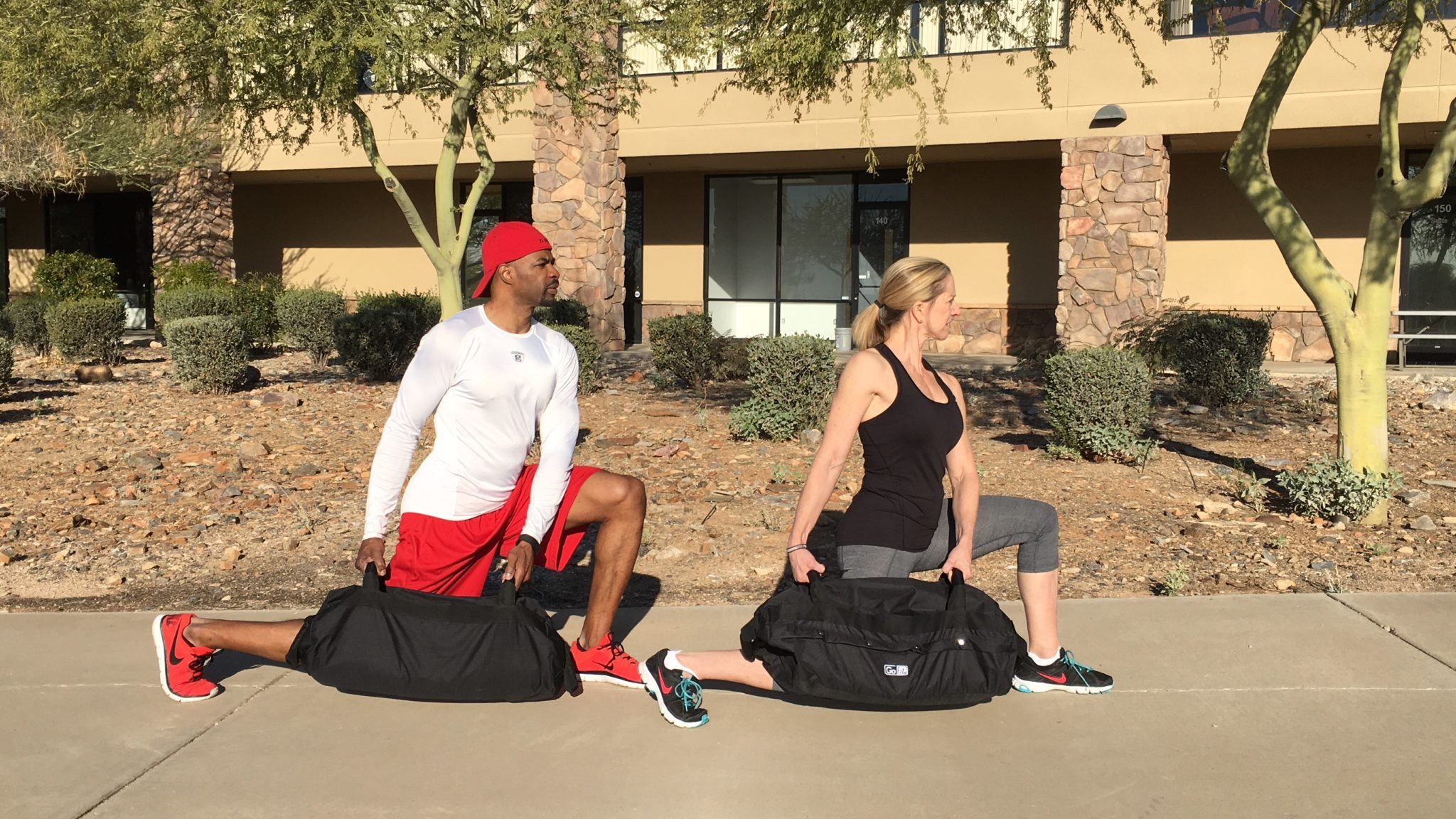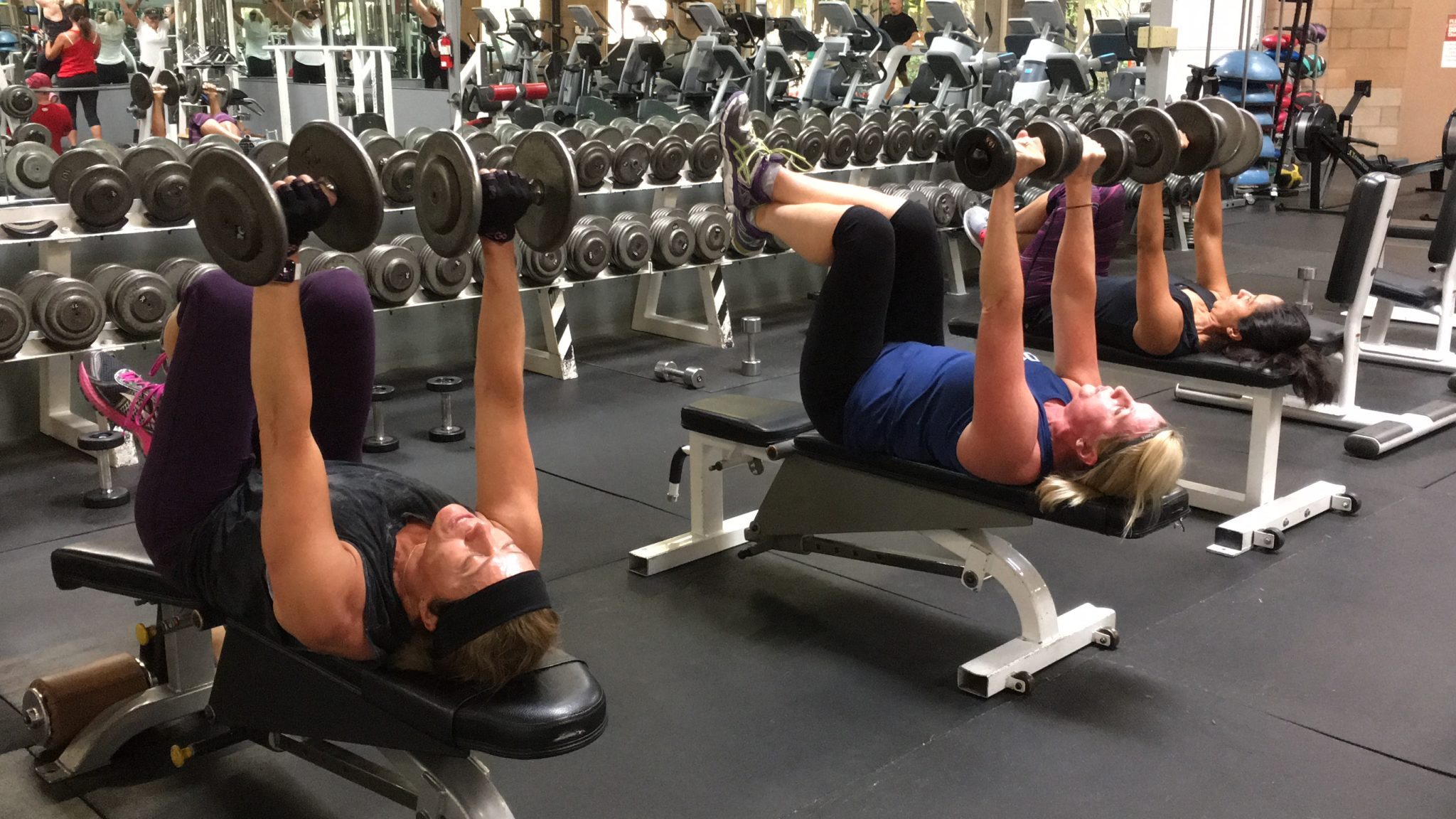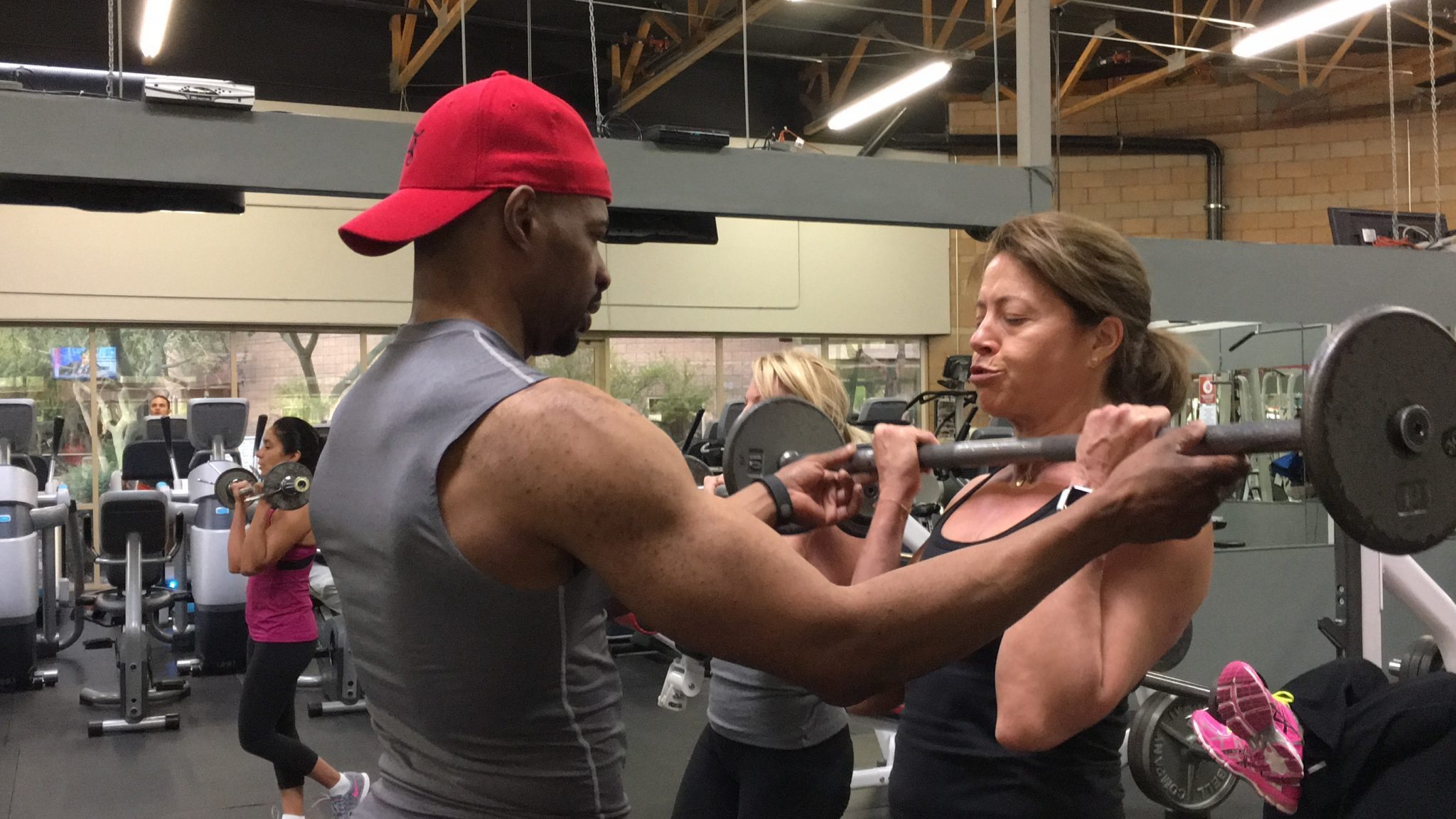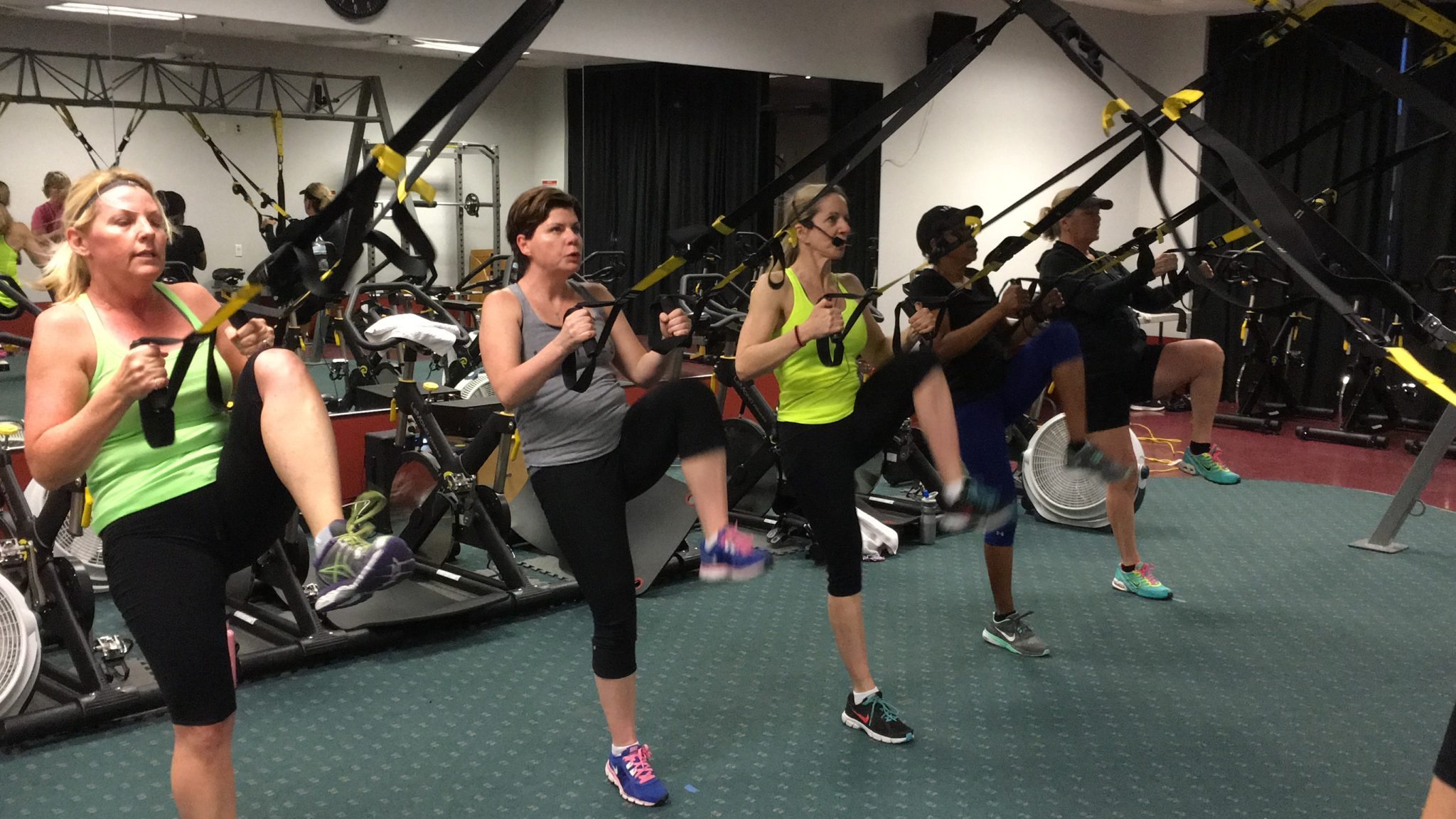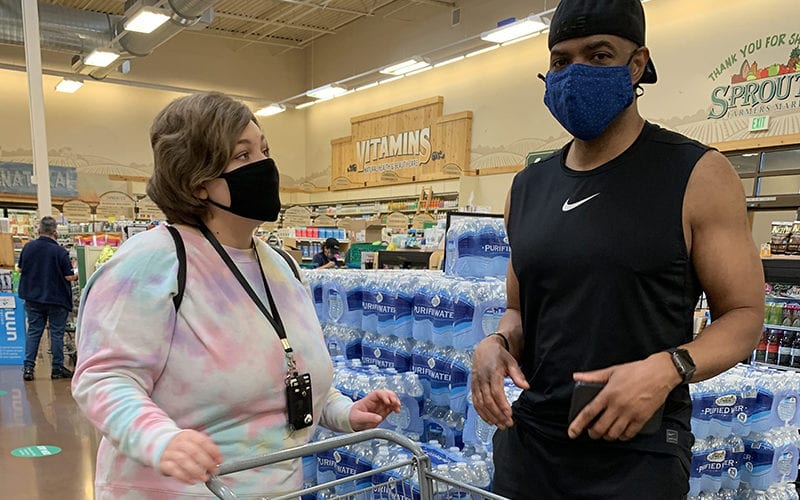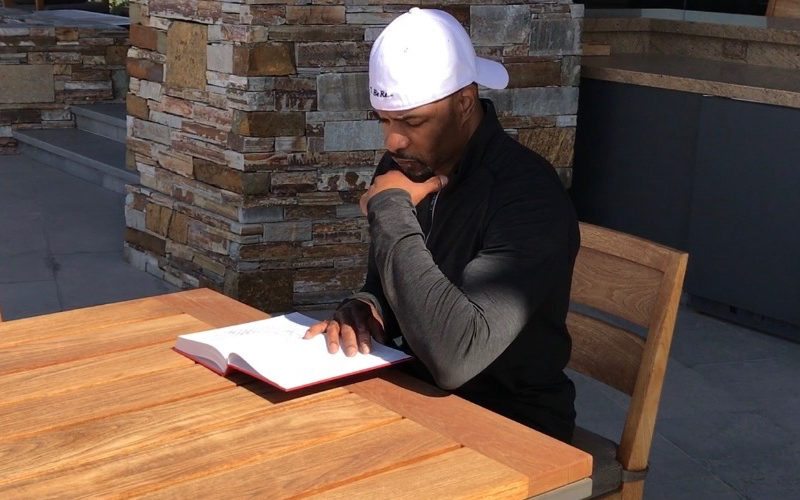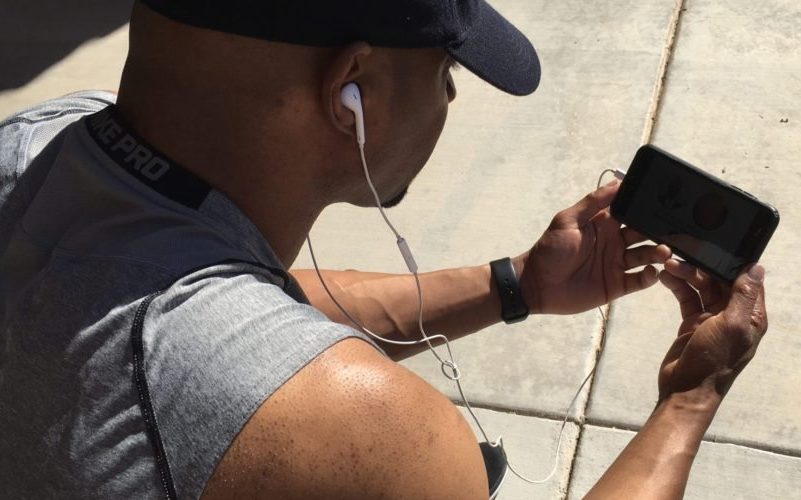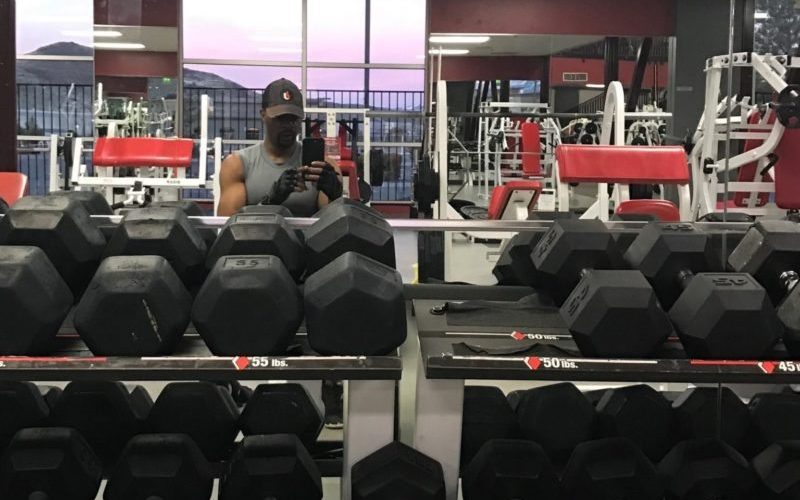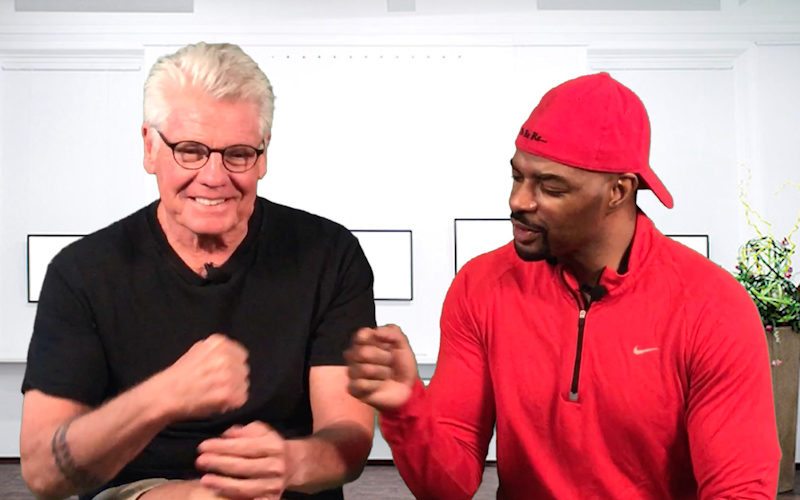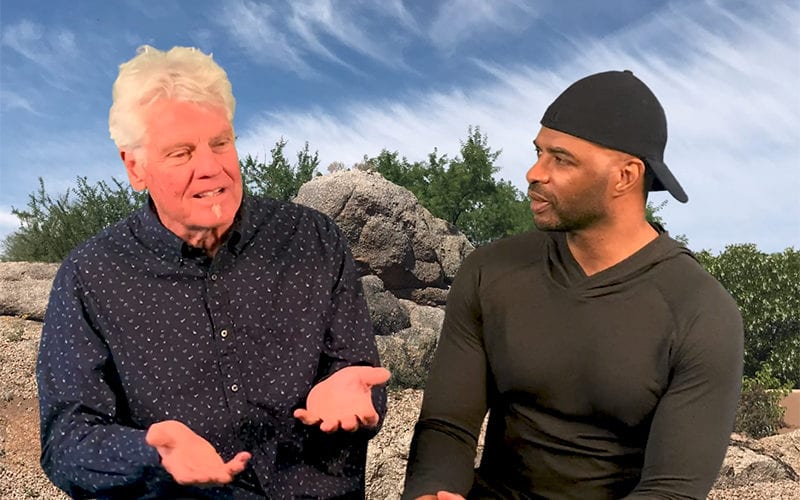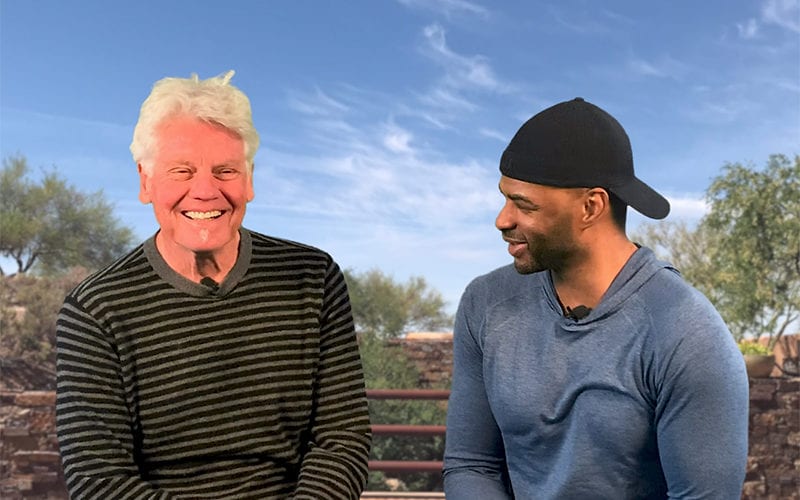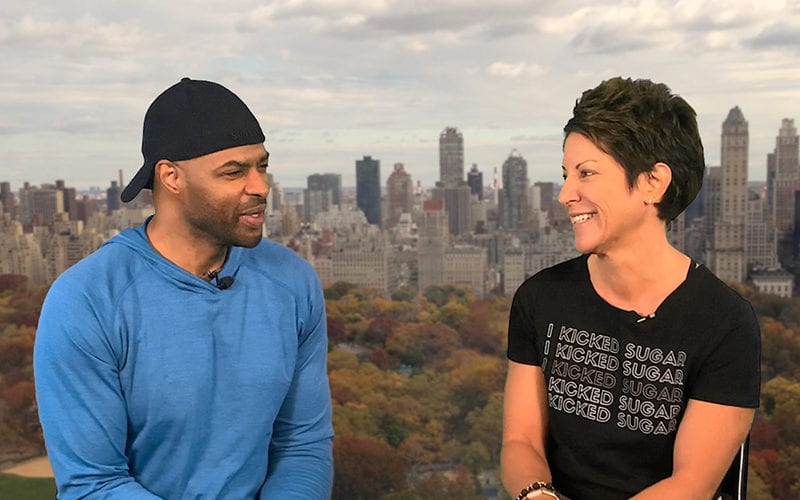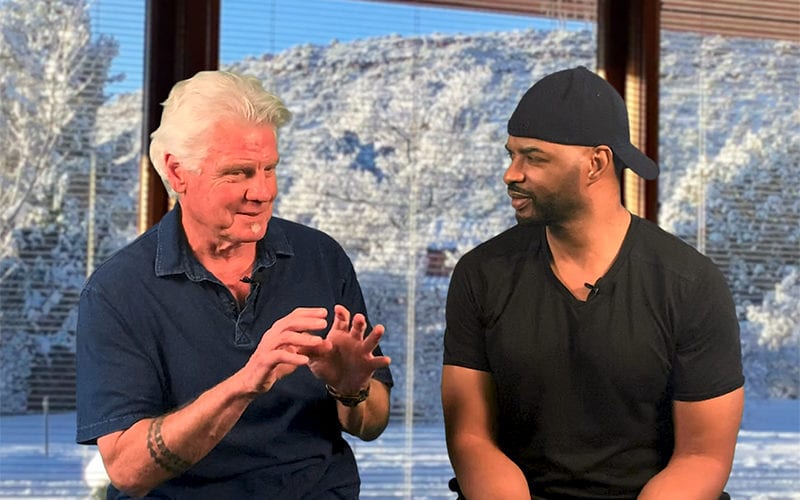In this episode, Rick and Keith talk about undesirable outcomes and the ego’s role in trying to make you feel blame and guilt based on an outcome. Along with shame, we think these are useless emotions (see episode 15). They don’t change the outcome, but rather cause suffering. Rick and Keith share a few possible ways to deal with undesirable outcomes.
Rick and Keith discuss the journey, the process that makes up most of life. Most people are fixated on the outcome or the goal. Being consumed with the latter offers only temporary bliss if the goal is realized and disappointment and suffering if it’s not. Be present to the journey and you will find joy every day of your life. And if there is an outcome to your liking along the way, that’s a bonus. It’s really all about the journey. Embrace this truth and live life like it’s what really matters. Doing so sets you up for a peaceful and joyful life.
Zen, a school of Mahayana Buddhism, is full of practical wisdom. Legendary basketball coach Phil Jackson is into Zen and used the concepts to coach Michael Jordan and Kobe Bryant. See, Eleven Rings, about the championship runs of the Chicago Bulls and LA Lakers. Zen Masters don’t care about results. They focus on habits, rituals, and processes that support the Zen way of living. When we focus on the process, the outcome will follow automatically.
The Oxford English Dictionary defines detachment as a “state of being objective or aloof.” Osho, Buddhist poet, says that being objective is important but detachment—not aloofness– is key. True detachment as Zen Buddhism defines it means deep involvement in life, not aloofness. Lack of attachment to the outcome means we are fully engaged in the moment, but give up the idea that we “must have” or “rightfully expect” a certain pleasing outcome because of our effort, or just because it is what we want.
As spiritual author Ron W. Rathbun wrote, “True detachment isn’t a separation from life but the absolute freedom within your mind to explore living.”
“Ordinary people focus on the outcome. Extraordinary people focus on the process,” says actor Bryan Cranston in his autobiography. Cranston, who played Walter White in the TV series “Breaking Bad,” explains his enlightenment:
Pressure is imagined. Pressure isn’t real — it’s just the stress you put on yourself. It exists nowhere else in the world except in your head. Pressure is the result of “shoulds” we put on ourselves to produce outcomes we have no control over. When we focus on outcome, we begin to foolishly expect things that are truly out of our control, which sets us up for failure, disappointment, suffering.
You don’t need to pressure yourself to compete, to win, to come out on top. Because the truth is, you don’t control the outcome. You don’t control anything — except yourself. Circumstances come from the entire matrix of life and you truly have no control over what shows up. But you do have choices. You choose your attitude, your mindset and your actions. The rest is out of your control.
The true mark of a champion is a commitment to the craft. Anyone who relies solely on luck, talent, or prestige doesn’t understand this lesson, and will suffer for it. The best professionals were, at one point, pretty bad. Everything is difficult before it becomes easy. Process is the way.
Guest Jen Drost joins Keith to chat about the importance of civility in the workplace, social circles and anywhere people interact with one another. Being civil in communication, both verbal and nonverbal, brings us together and creates the space for kinds and collaboration to emerge. Join us in our commitment to practice civility as we move through life.
Acknowledgment:
Christine Porath is a management professor and research. She helps organizations build thriving workplaces. In her TED Talk, Why being respectful to your coworkers is good for business, she discusses how kindness is a win-win for everyone. https://www.ted.com/talks/christine_porath_why_being_nice_to_your_coworkers_is_good_for_business?language=en
In this pod, Rick and Keith discuss the importance of routine and how it positively contributes to your life. When challenges show up, as they inevitably do, an anchor can keep you conscious and present as you see your way through. A healthy routine can be that anchor. Listen as the guys share their routine and encourage you to utilize one in your life. It’s benefits are far reaching.
Keith’s Routine
Morning:
• Gratitude Exercise
• 5-10 minutes of reading the Mayo Clinic Guide to Stress-free Living by Amit Sood, M.D.
• Listen to a podcast during my stretching routine and morning prep for the day
• Stretching/Rolling/Core Work for 10 minutes
• Practice being present and aware of the day’s novelty on my drive
Throughout the day:
• Practice Loving Kindness, Acceptance, Compassion and Gratitude
Before bed:
• Stretch & Roll my body
• Digital Curfew (turn off all electronics in the bedroom)
• Gratitude Exercise
Rick’s Routine
Morning:
• Up at 5:00 a.m.; 12 oz cold water
• Out the door at 5:10 a.m.; 4.1 mile hike Courthouse Butte or Baldwin Trail
• Walking Meditation (about 3 hours in nature, alone)
• No food until noon (intermittent fasting) break the fast with protein, never carbs
Throughout the day:
• Phone on, but ringer off all day, return calls at my discretion (I rarely answer the phone without a prior appointment to talk at a particular time)
• Check emails only 3x per day, respond at my discretion (I am not on any social media– phone and email are merely communication tools, not my life)
• Journal 40 minutes; read 2-3 hours per day
• MINDFULNESS all day—being fully present without judging
Before bed:
• Listen to jazz, chamber music while unwinding and recapping the day; more journaling and reading (I have no TV)
• Or listen to podcasts (Tim Ferriss, Krista Tippet) or TED talks on various subjects
In bed:
• Kill the tunes, read self-help, spiritual authors
• Outline ToDo’s for tomorrow
Here Are 8 Things We Do For a More Calm, Centered and Happy Life
- Stop being led by ego! It’s not about you–identify one positive event each day that has nothing to do with you. Your ego is not your friend; suffering comes from your ego’s preferences and expectations. It wants you to be the center of the universe. You are not.
- Tell someone about the positive event or share it on social media (only if you absolutely must use the damned electronics). This can help you savor the moment a little longer.
- Start a daily gratitude journal. Aim to find little things you’re grateful for, such as good coffee, salmon/peach sunrise or a cute kid. “Notice what is nice” about any given situation. Be present! Be conscious! Live your life with intention!
- Identify a positive personal strength and reflect on how you’ve used this strength today. Such as your compassion, patience, listening skills, humor.
- Set a daily goal and track your progress (“Today I’m not going to criticize my kid—instead I’m going to catch my kid in the act of doing something right, and tell her”). This is based on research that shows when we feel progress towards a goal, we have more positive emotions. The goal should be modest.
- Try to practice “positive reappraisal”: Identify an event or daily activity that is a hassle. Then, try to reframe the event in a more positive light. Example: If you’re stuck in traffic, think how nice to have quiet time, turn off the entertainment system, breathe deeply, focus on the breath, notice something new in your surroundings. This practice can start to become a habit. Novelty in life gives us a lift.
- Help someone each day—no matter how small. These daily acts of kindness can be as simple as giving someone a smile, holding a door open, sharing a cute story with someone sad. Research shows we feel better when we’re kind to others.
- Practice mindfulness by paying attention to the present moment. You can also try a 10-minute breathing exercise that uses a focus on breathing to help calm the mind.
Guest Jen Drost joins Keith to chat about their mental health journey and what they do to stay healthy and resilient. Mental health is serious. If you are struggling, please seek the support and care of a licensed mental healthcare professional.
In this podcast episode, we are delighted to have Jamie Sunenshine on the show. She is an extraordinary being in every way. We are talking about an angel amongst us. She is positive, smart, caring and kind. Listen as Jamie shares about growing as a parent and as a family.


